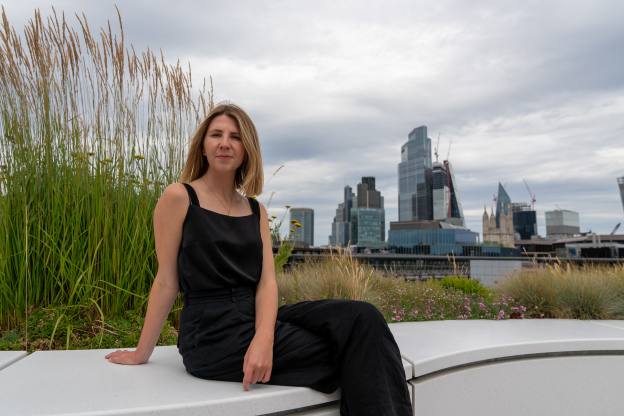Woosey does say, though, that advisers need to employ more soft skills to be able to identify the particular needs of each client.
"It can't just be, 'Okay, here's your financial plan document'. It needs to be more like an ongoing conversation for some people. There's a lot of clients who are just happy with the kind of one year check-in, who don't really want to be bothered.
"But I think for some people, they just really need that handheld kind of approach, and more openness, like open banking, more visibility across every platform, every account that they have."
Woosey is currently defining her pricing strategy and is contemplating offering a longer-term service whereby she would meet her clients every month for a year, "almost like a coaching behavioural finance programme but within a financial planning sense".
She currently levies the ongoing charges Quilter recommends, such as 3 per cent for assets under management, as well as a fee for mortgage advice and commission from protection products.
But when it comes to time spent getting to know clients and researching their circumstances, a lot of it is under-compensated.
"I try and make it affordable and I definitely undercharge," she quips.
"There are clients who come to me and then I spend a few hours with them for free because they just want a little sounding board. So I need to be protective of my time for that.
"That's my biggest challenge: how to have a systematic pricing structure and an almost formulaic, quiet nurturing process; but also make it bespoke, because there'll be loads of different variants within what people need."
A forever career
Woosey got into financial planning after a career in marketing and PR for a design company. She says she realised when approaching the age of 30 that she needed something else in her life as a forever career.
Her father was a financial adviser and sowed the seeds by introducing her to the Quilter adviser school.
"I want to be my own boss. I really wanted to work with people, I saw there was a movement to financial feminism, which I thought was really interesting," she says.
"I was thinking now's a really good time to be talking to people essentially like me who feel like they can't access financial advice on a personal one-to-one basis but actually need it. So I took the leap and here we are, I've been a financial planner for the last two years."
In the early part of her studies she was still working alongside schooling, as were a handful of other candidates who came from outside of financial services. The majority of her fellow students were paraplanners though, or held other roles in financial services.






